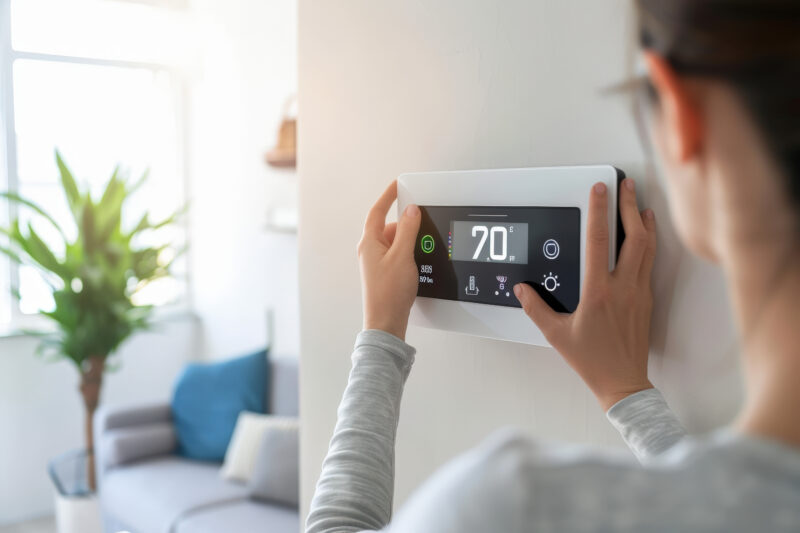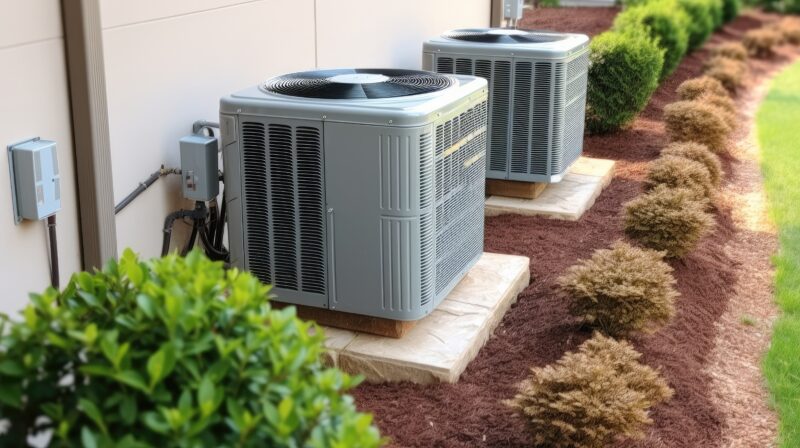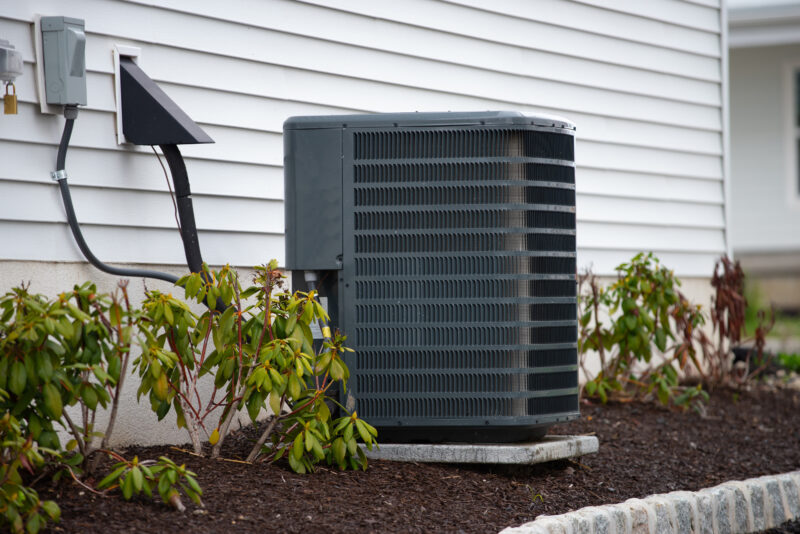If you’re in Houston, you know that hurricane season is heading to a close, but you’re not tricking yourself into believing you’re in the clear just yet. Hurricane season is still here, which means home essentials, like your air conditioning system, are still at risk of damage.
Air Tech of Houston AC & Plumbing is determined to ensure homeowners make it through this hurricane period safely and with all home essentials intact. Below we have compiled our best tips for protecting your home and HVAC system from this storm season.
Preparing your Home for a Hurricane
Hurricane prep for your home will look different for many homeowners, so we’ve broken it down to some keys you don’t want to miss.
Use a Surge Protector
A surge protector protects your electronic devices from a high-voltage power surge. A power surge is an increase in voltage that is above the designated level in the flow of electricity, like a lightning strike.
Storm Doors, Drains, and Shutters
Investing in external protective components for your home will go a long way in preventing damage to your home. Storm doors and heavy window shutters will withstand heavy rain and wind. The extra sealing of these both will keep water from entering your home. Check the drainage pipes on your exterior to ensure water will flow smoothly through them and that all drains lead away from your home.
Yard Preparation
Diligent yard preparation can be what separates you from thousands of dollars in home damage. Take the time to prep your yard a few days before the expected storm. Trim your trees, and pick up any rocks, concrete pieces, or other large debris that could cause damage.
Check for Potential Flood Areas
If you notice any deep trenches or holes in the area surrounding your home, try your best to level them with dirt or sand. Look at the concrete slabs around your home, whether it’s the driveway or the foundation. If you notice any cracks, call in an expert to have them filled before the storm.
How to Prepare Your AC for a Hurricane
Know Your Circuit Breaker
Locate the circuit breaker in your home. It’s most commonly found in the garage or a utility room. Take the time to familiarize yourself with how it works and what switches control which major appliances in your home.
Turn Off Your Air Conditioner
A surge protector cannot protect a large appliance, like your HVAC system, from a lightning strike. A single strike is enough to take out your entire unit. A few hours in the heat can keep you from needing a costly air conditioner repair. Turn your unit from the thermostat as well as your circuit breaker.
Protect Your Outside Unit
Many owners already have a storm tarp on their list of hurricane essentials but have probably never thought to use it to protect their condenser. Strong water flow and wind can cause all kinds of debris lodged in your unit. Then inside of your unit is a fairly delicate place. You don’t want anything getting in there and causing a blockage or causing a component to falter.
What to do with Your AC After a Storm?
Inspect Your AC Before Turning It Back On
Always inspect your outside unit for damage before turning it back on after a storm. This allows you to remove any debris or foliage that may have become stuck in your unit or spot any severe damage.
Resetting Your AC after a Storm
Having your AC go out during a storm is common and can usually be reset easily.
- Turn off your AC from the thermostat.
- Turn off your AC from the breaker switch: locate your breaker and flip the switch that controls your air conditioner off.
- Allow your unit to reset: after flipping it back on from your breaker, wait about 30 minutes to turn it on from the thermostat.
- Set your AC back to cool: slowly increase to your desired temperature in small increments.
Despite our best efforts, Houston hurricane preparation can be tricky. Protecting our homes and HVAC systems from damage is not always avoidable. If you have found that a storm has damaged your air conditioner, give our experts at Air Tech Houston a call.
If you want more information on how to be prepared for hurricane season, give us a call, and we’ll tell you how our Shield of Protection program can bring savings and peace of mind into the next storm season.





